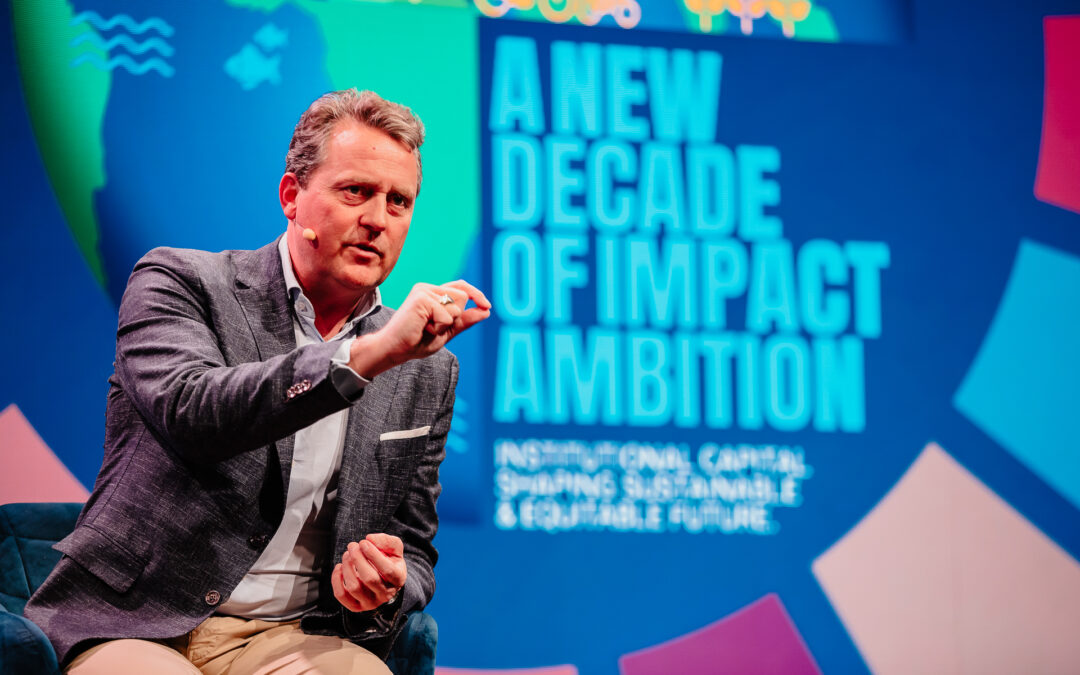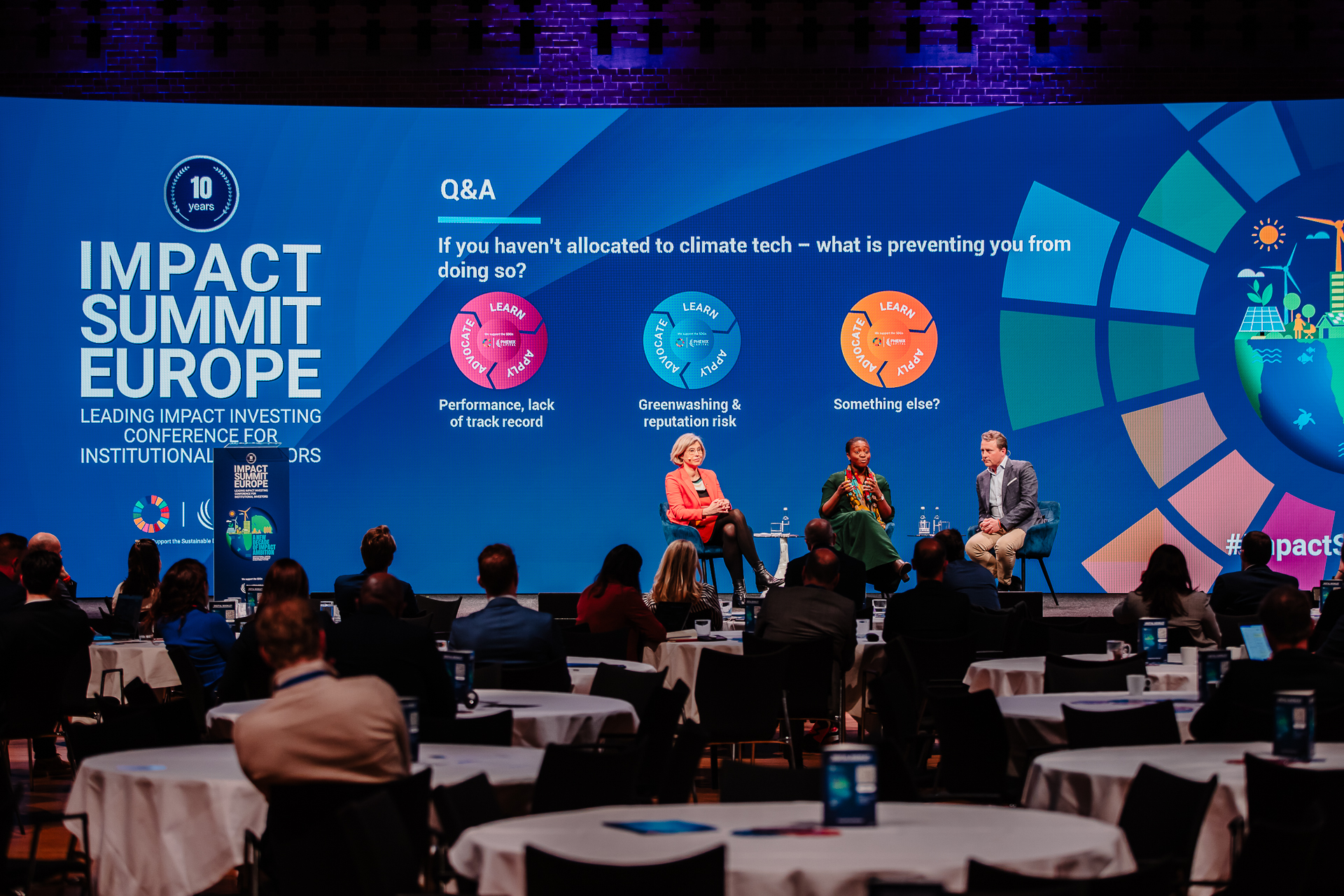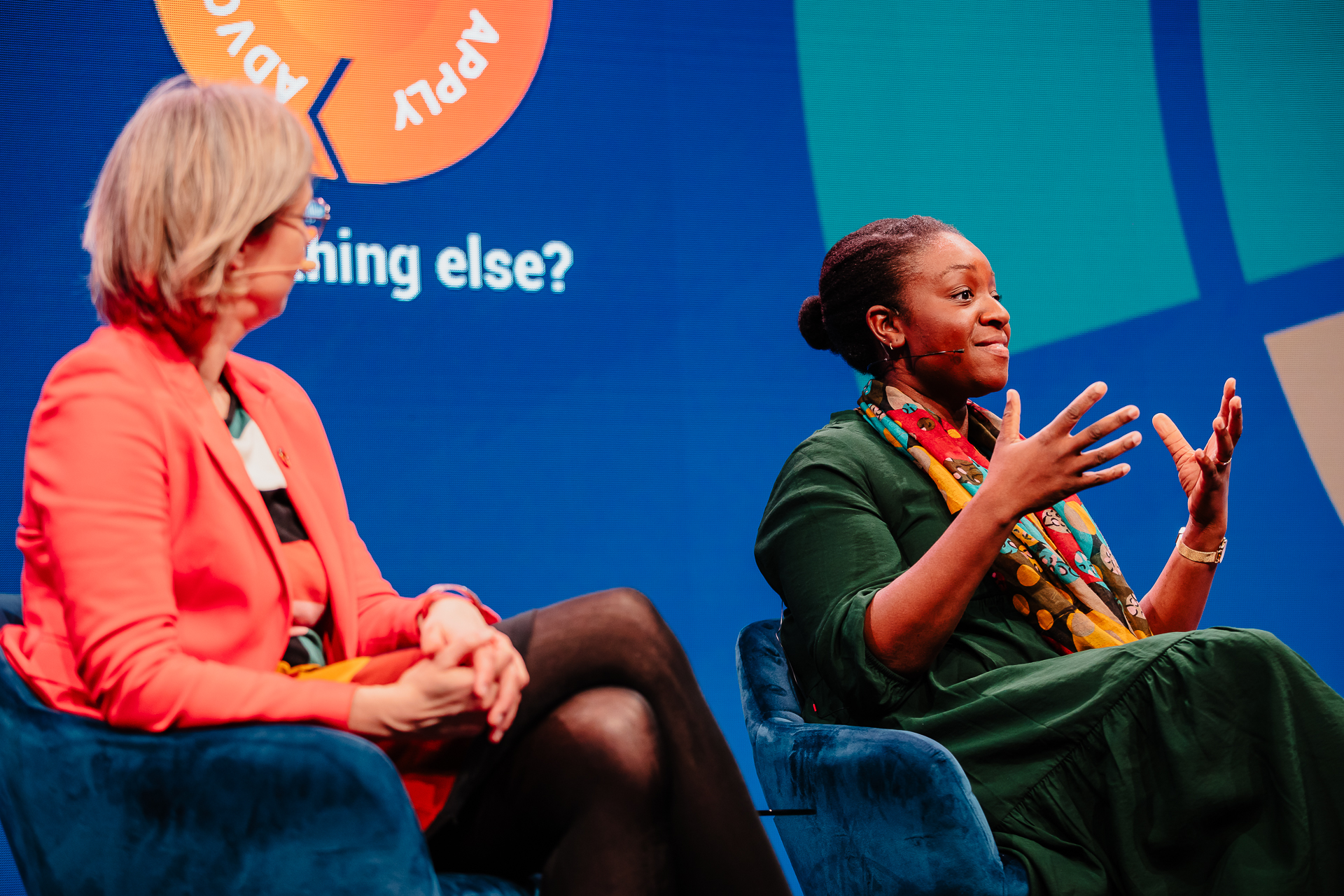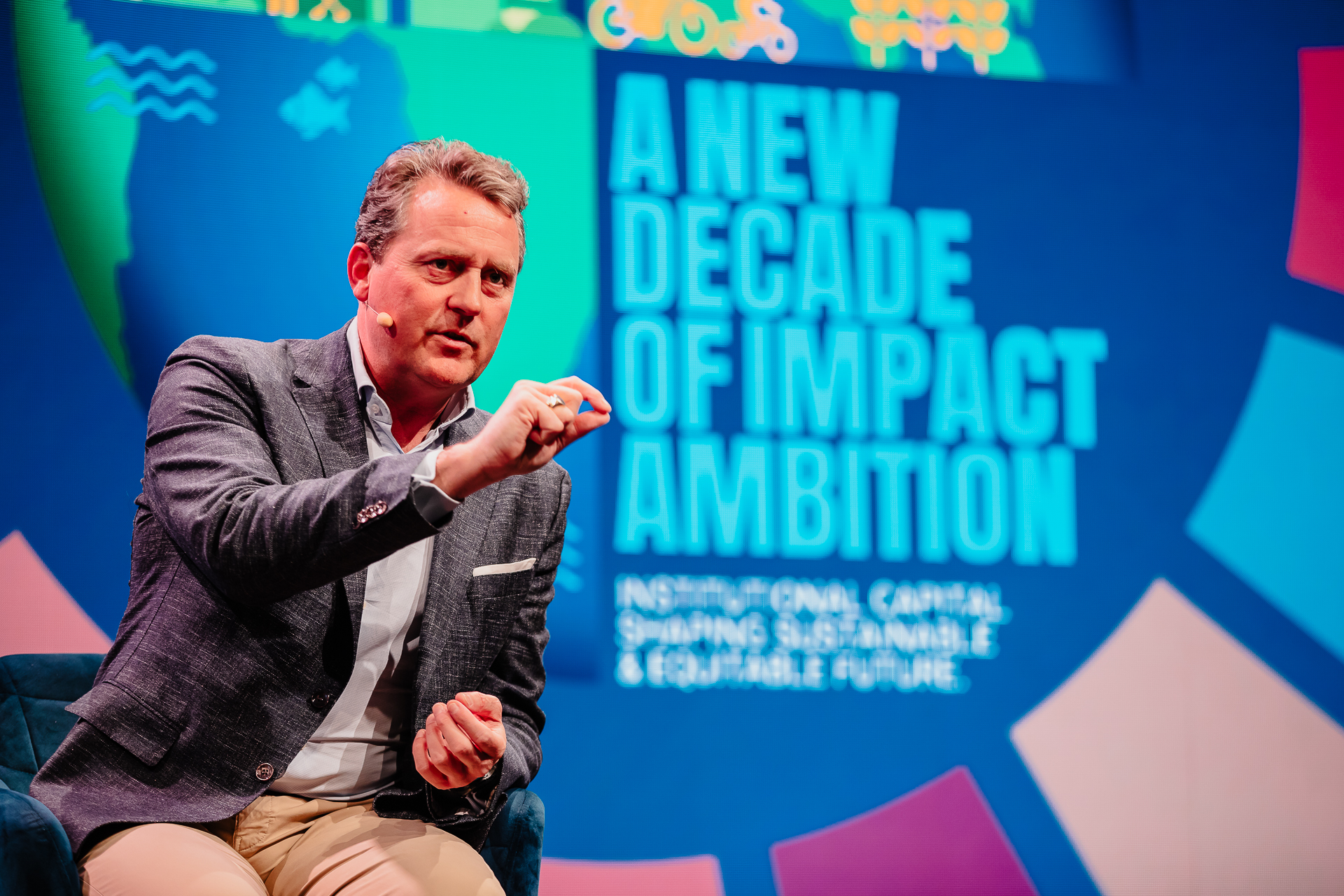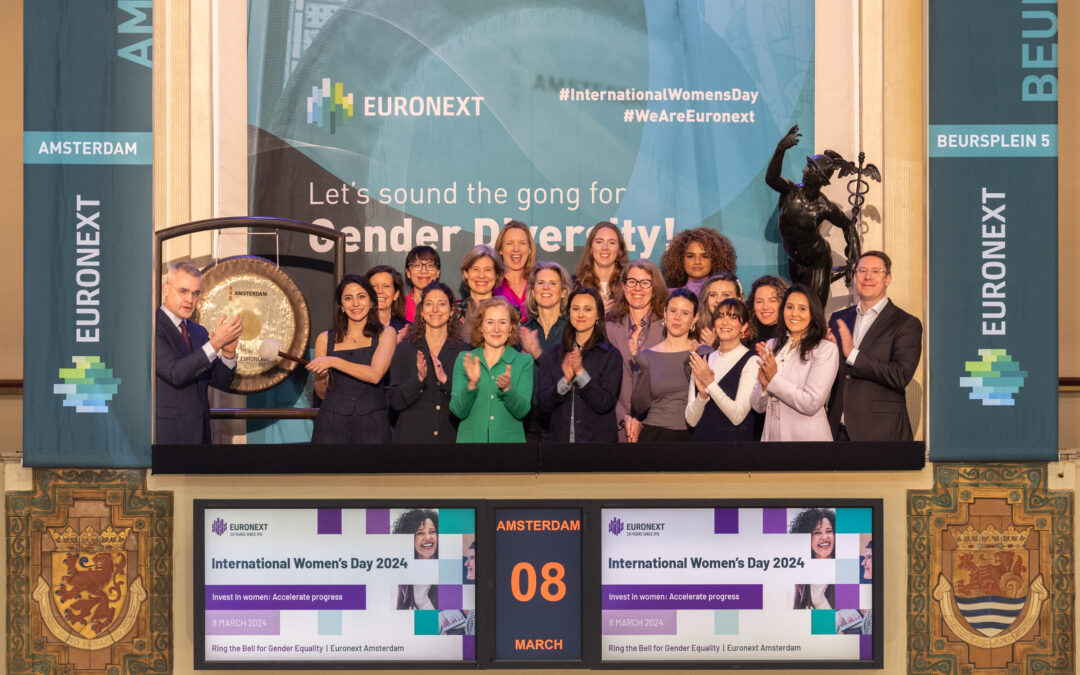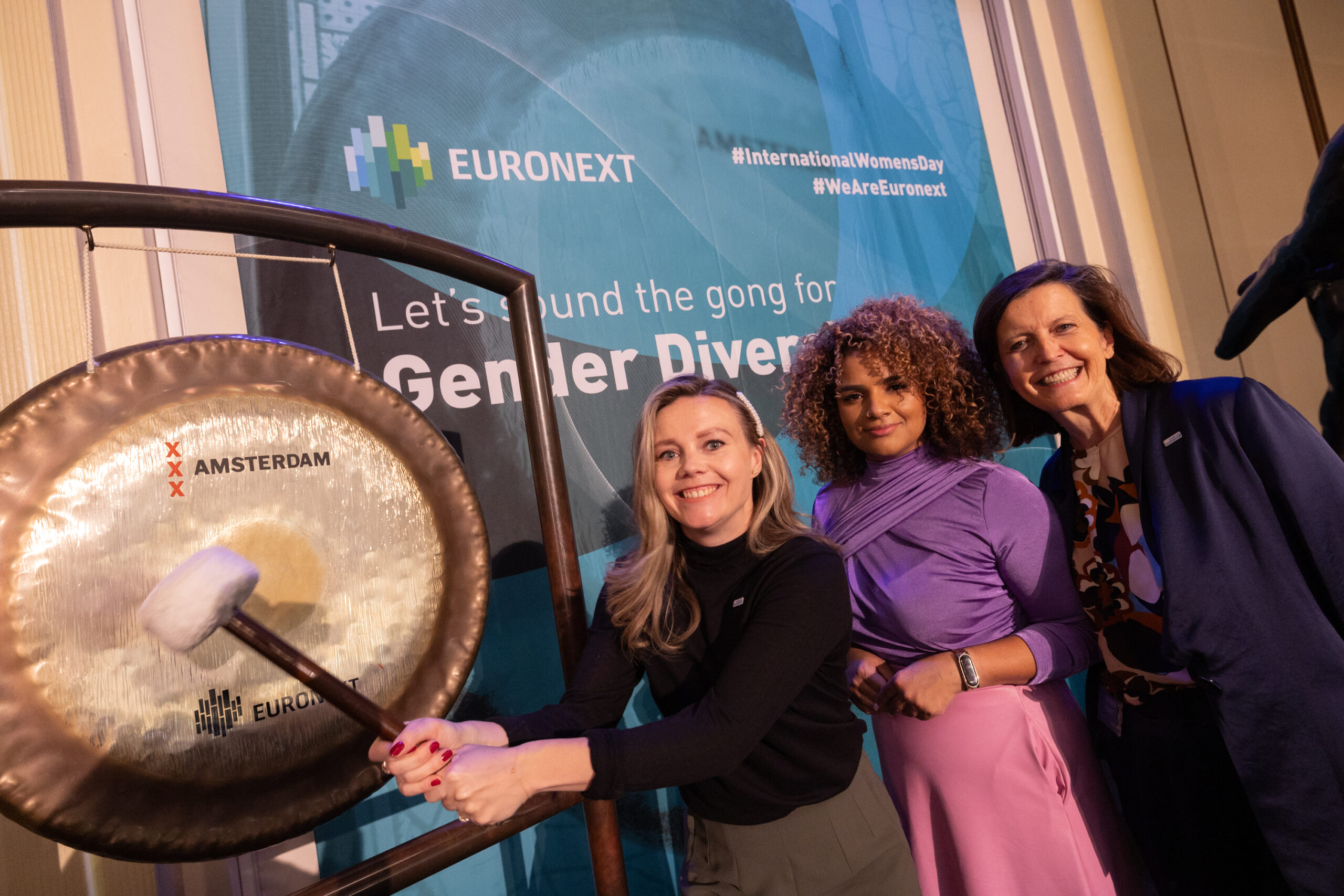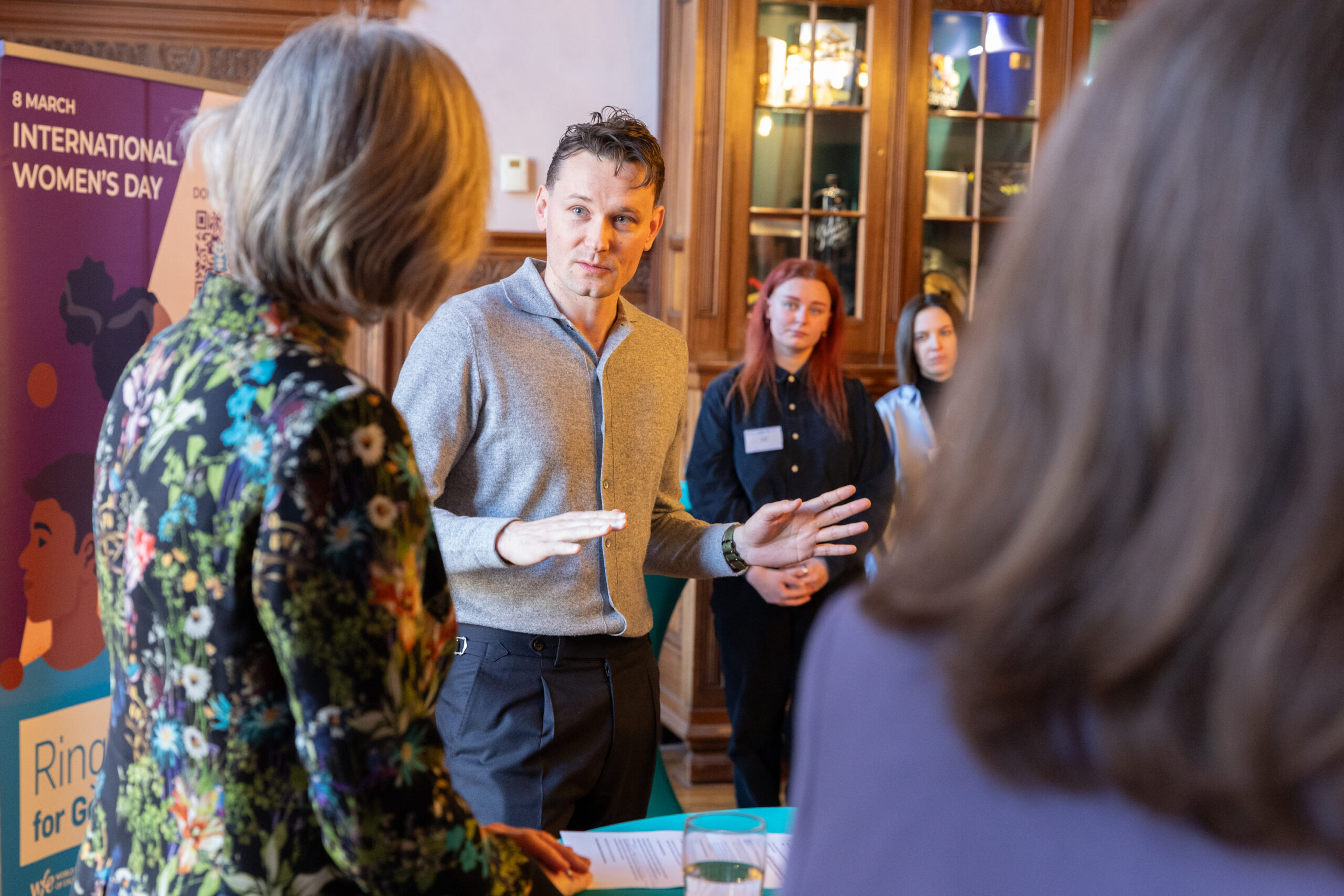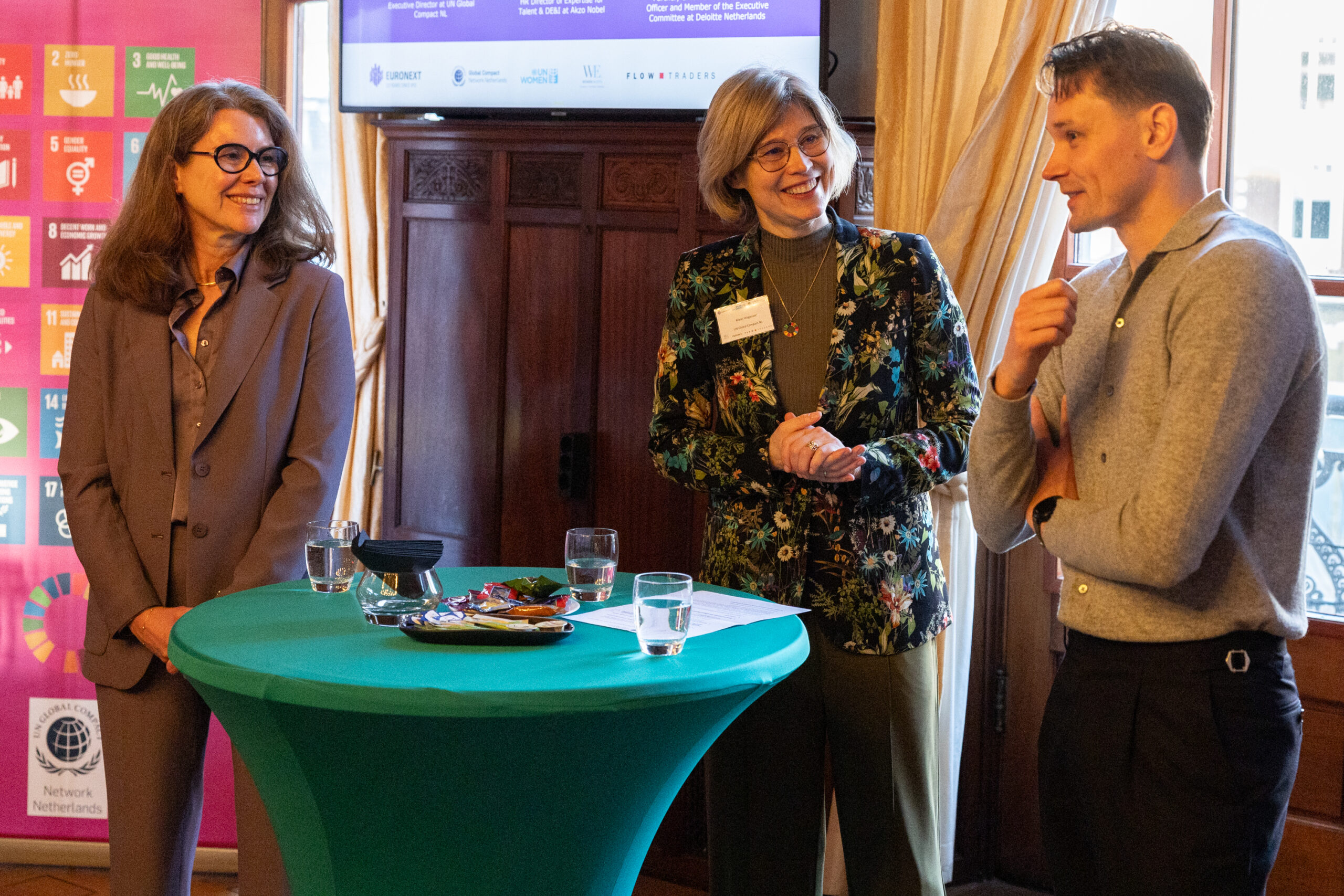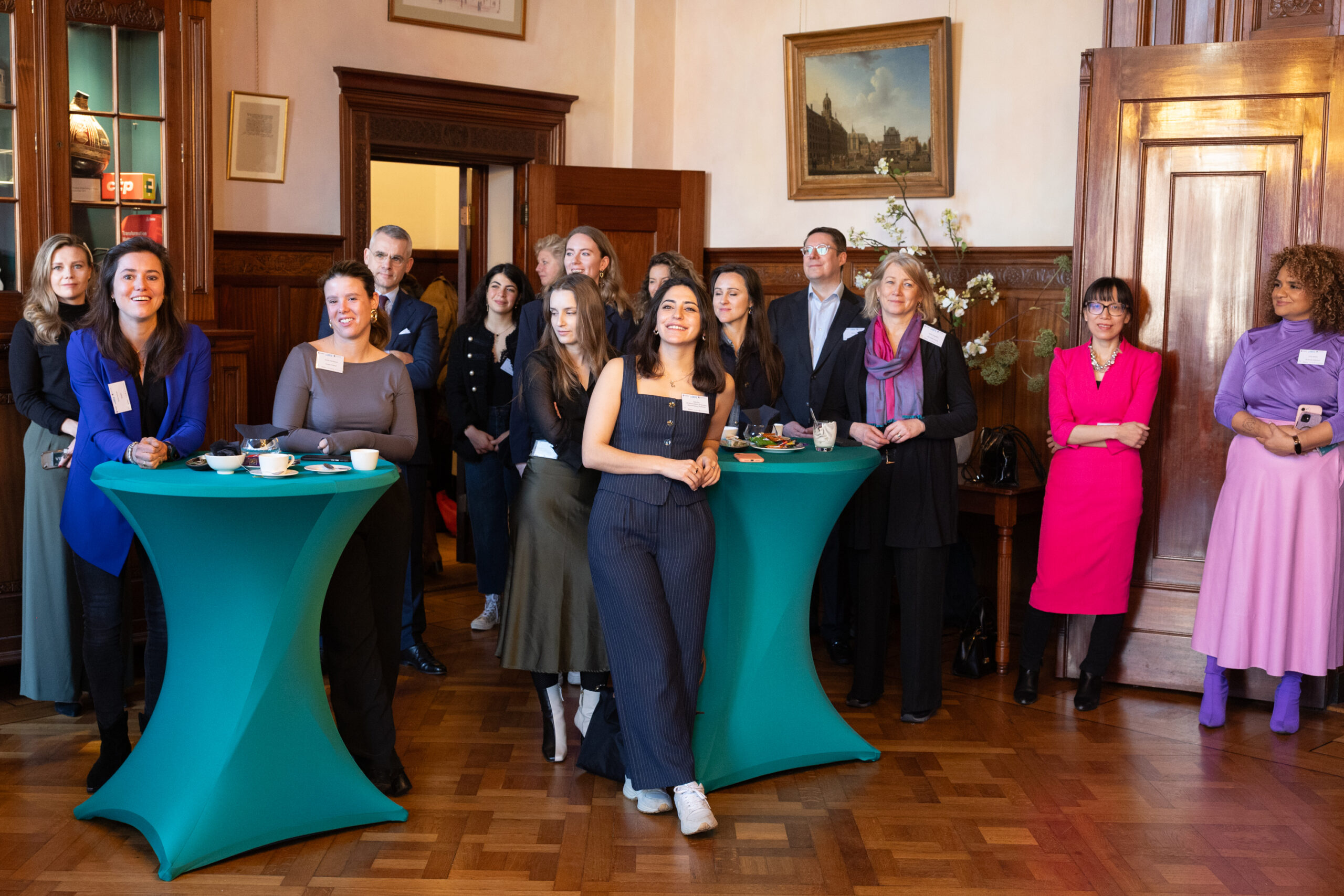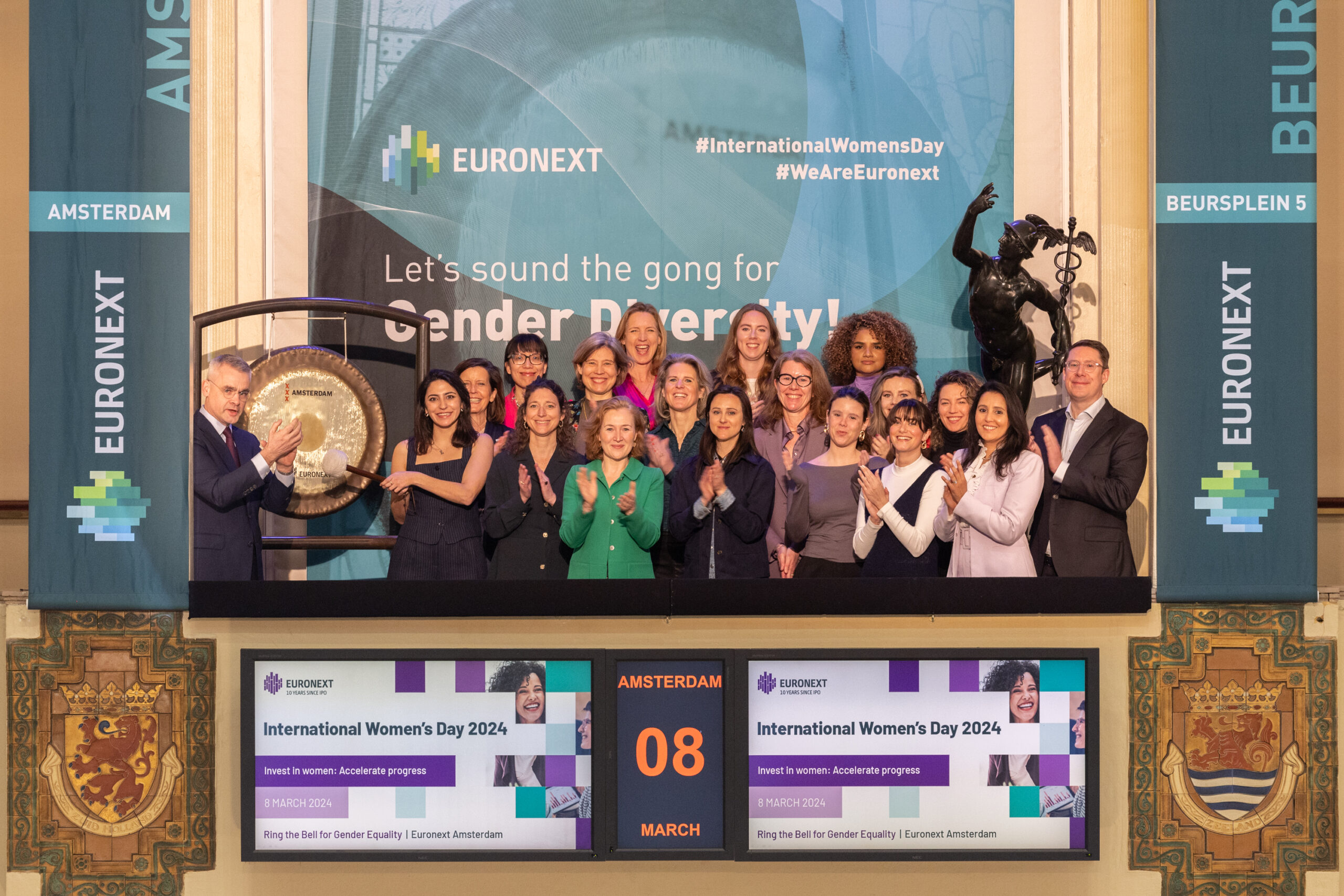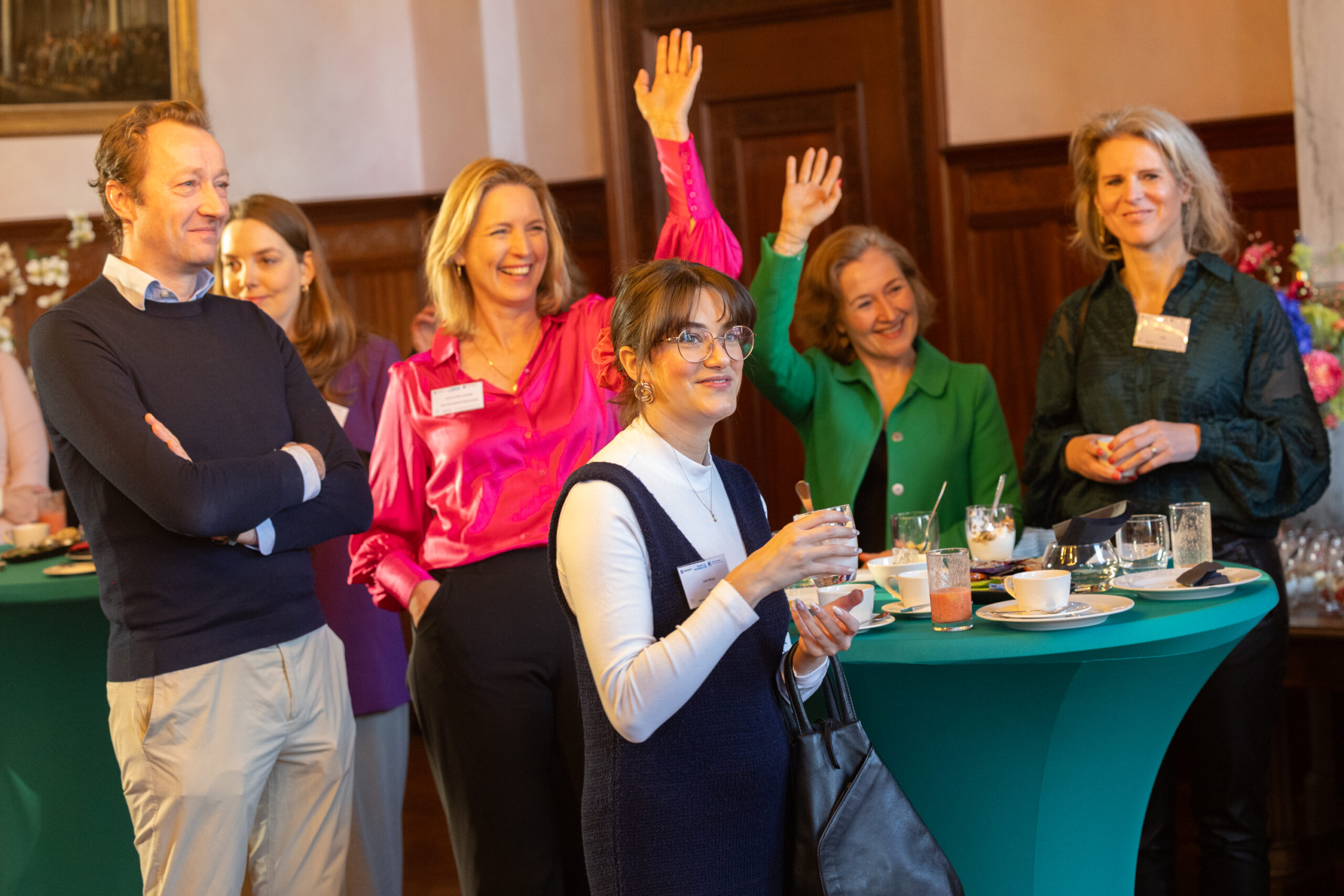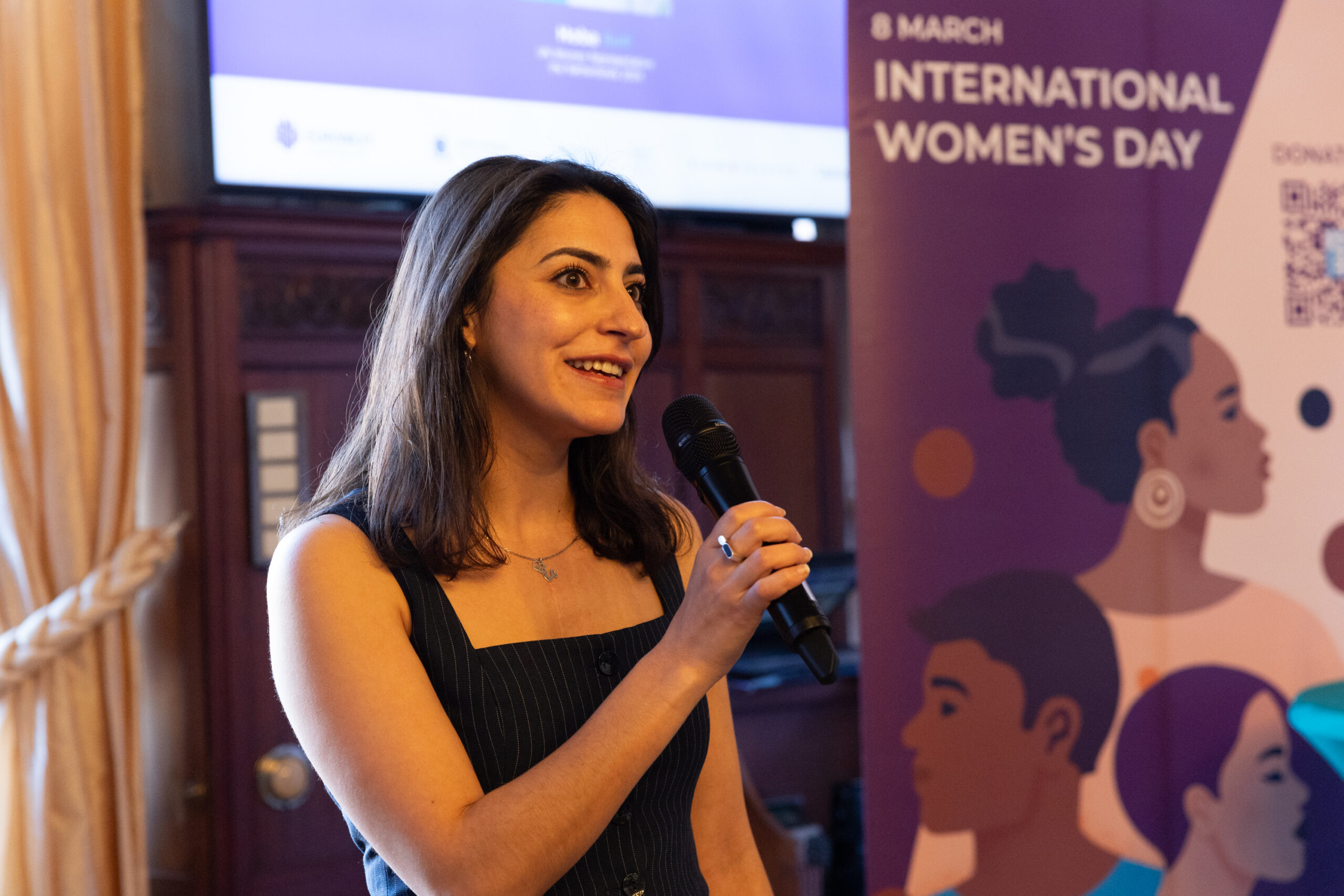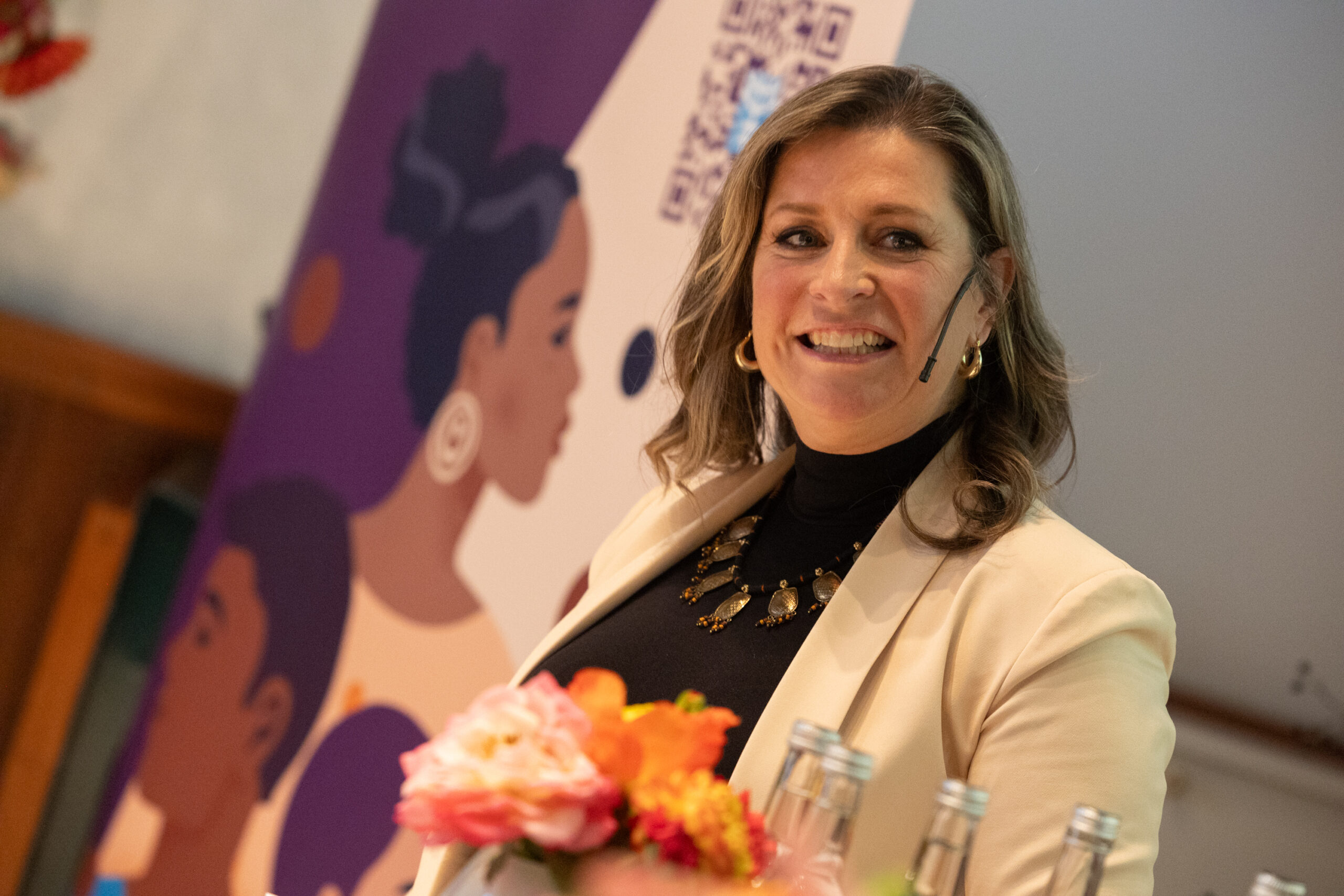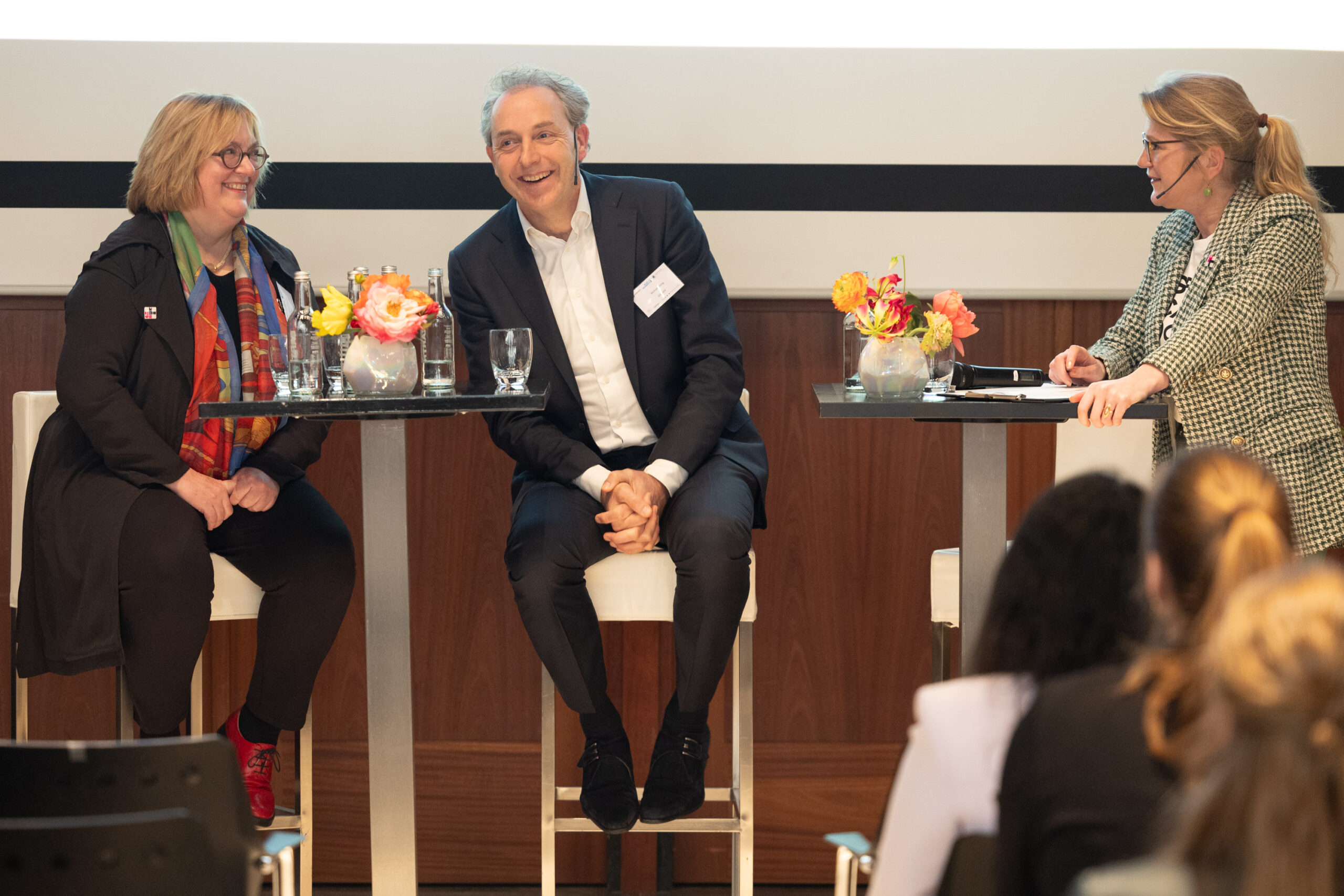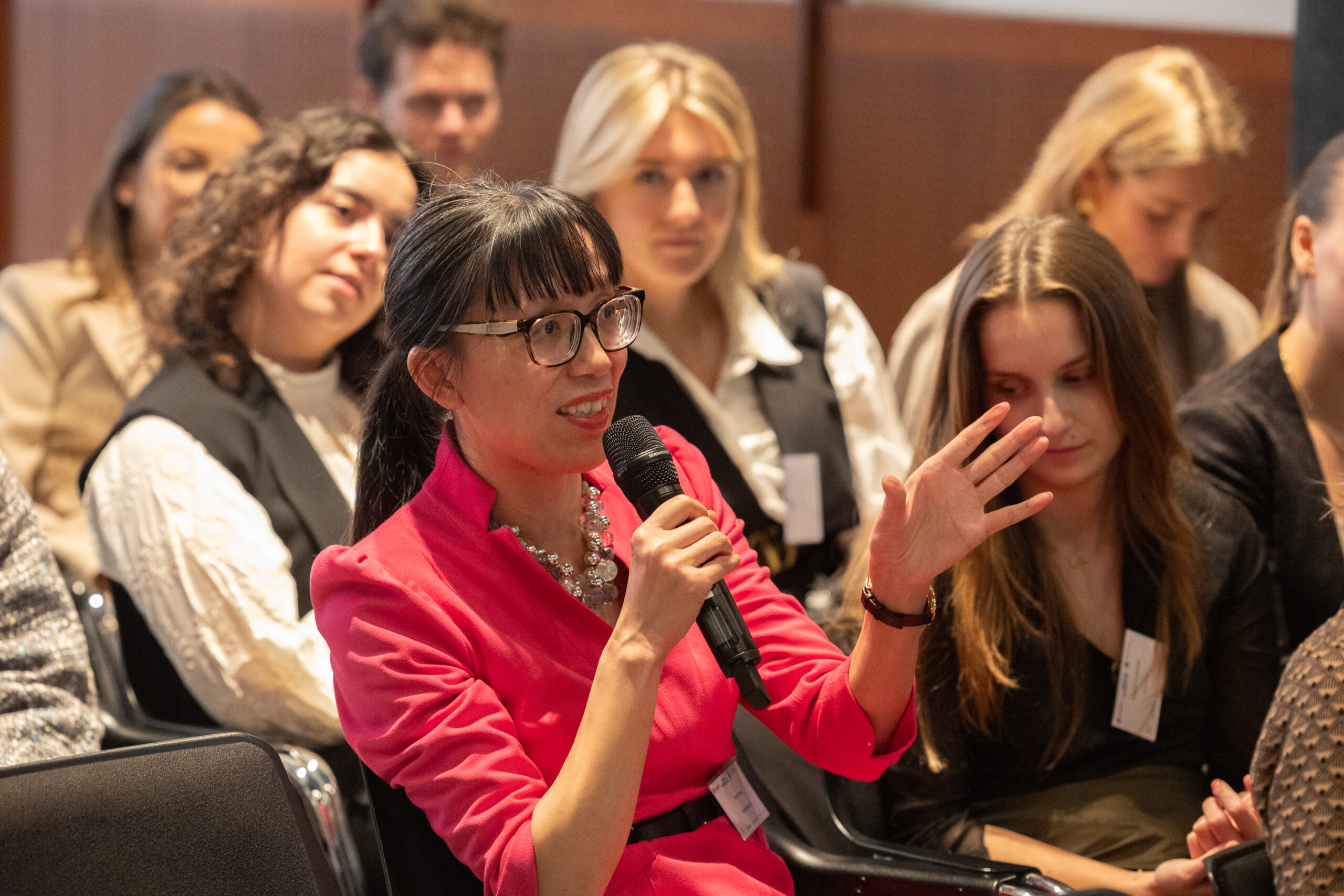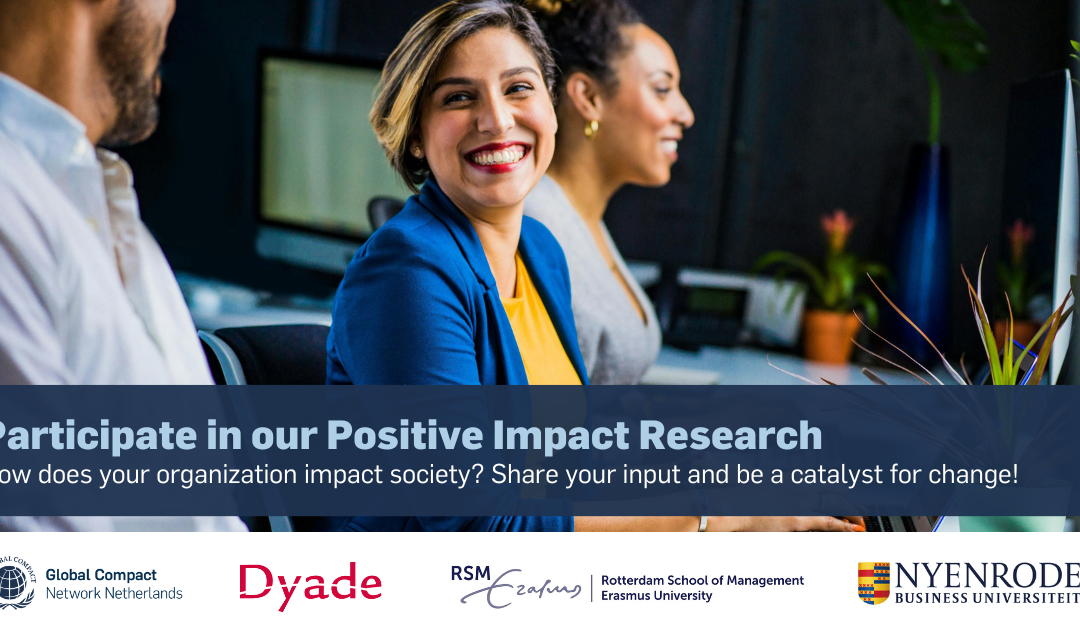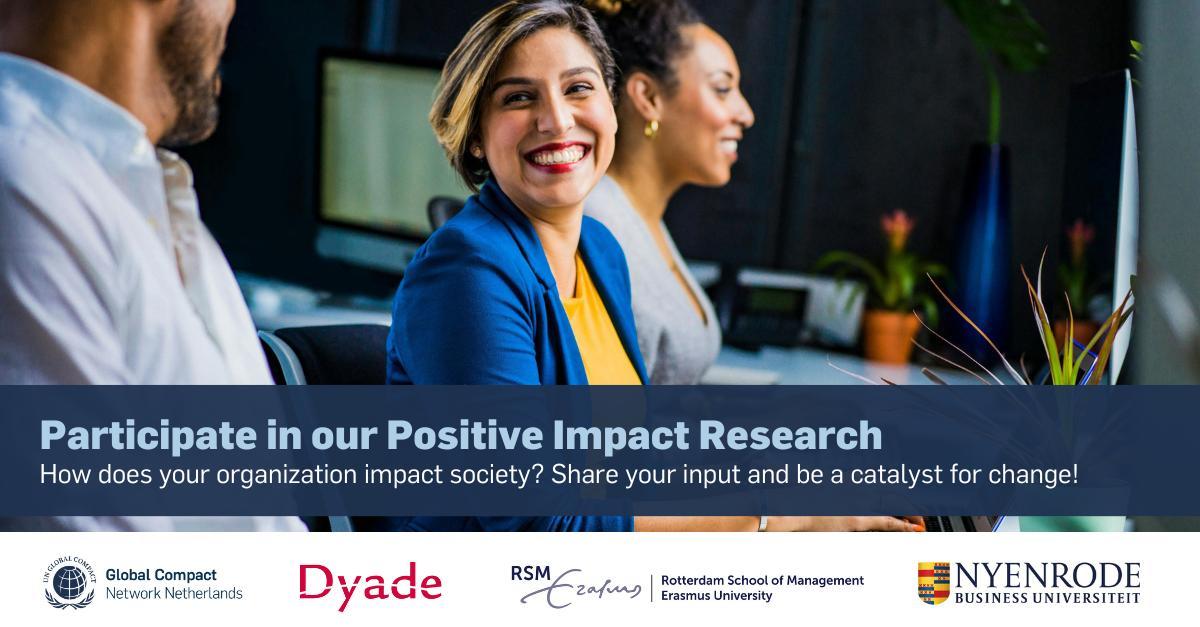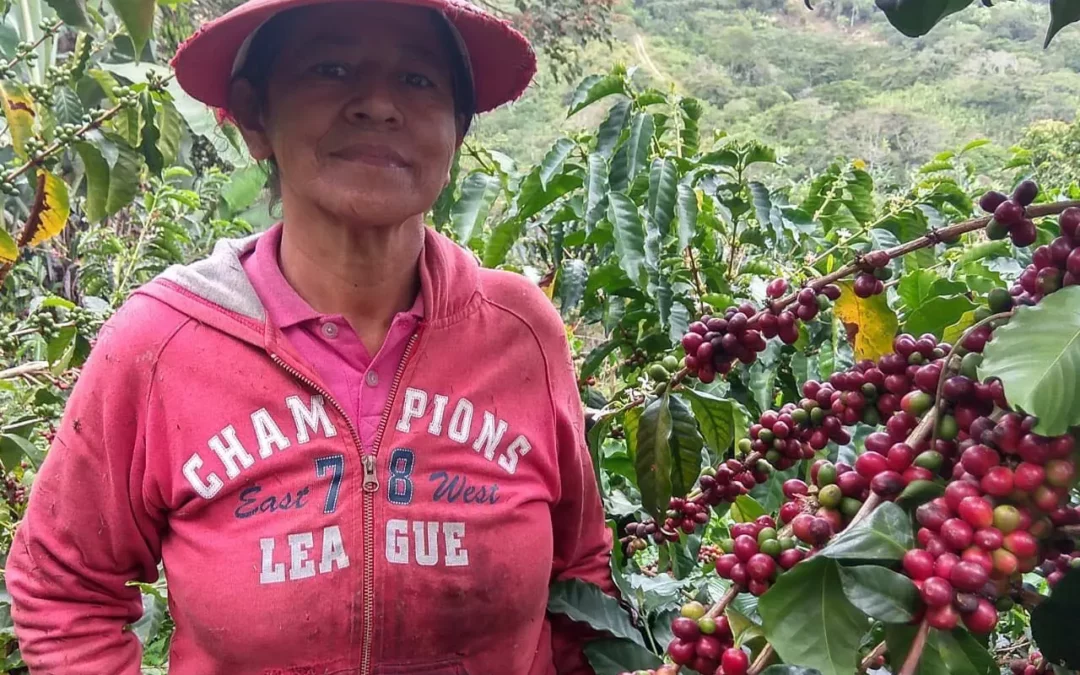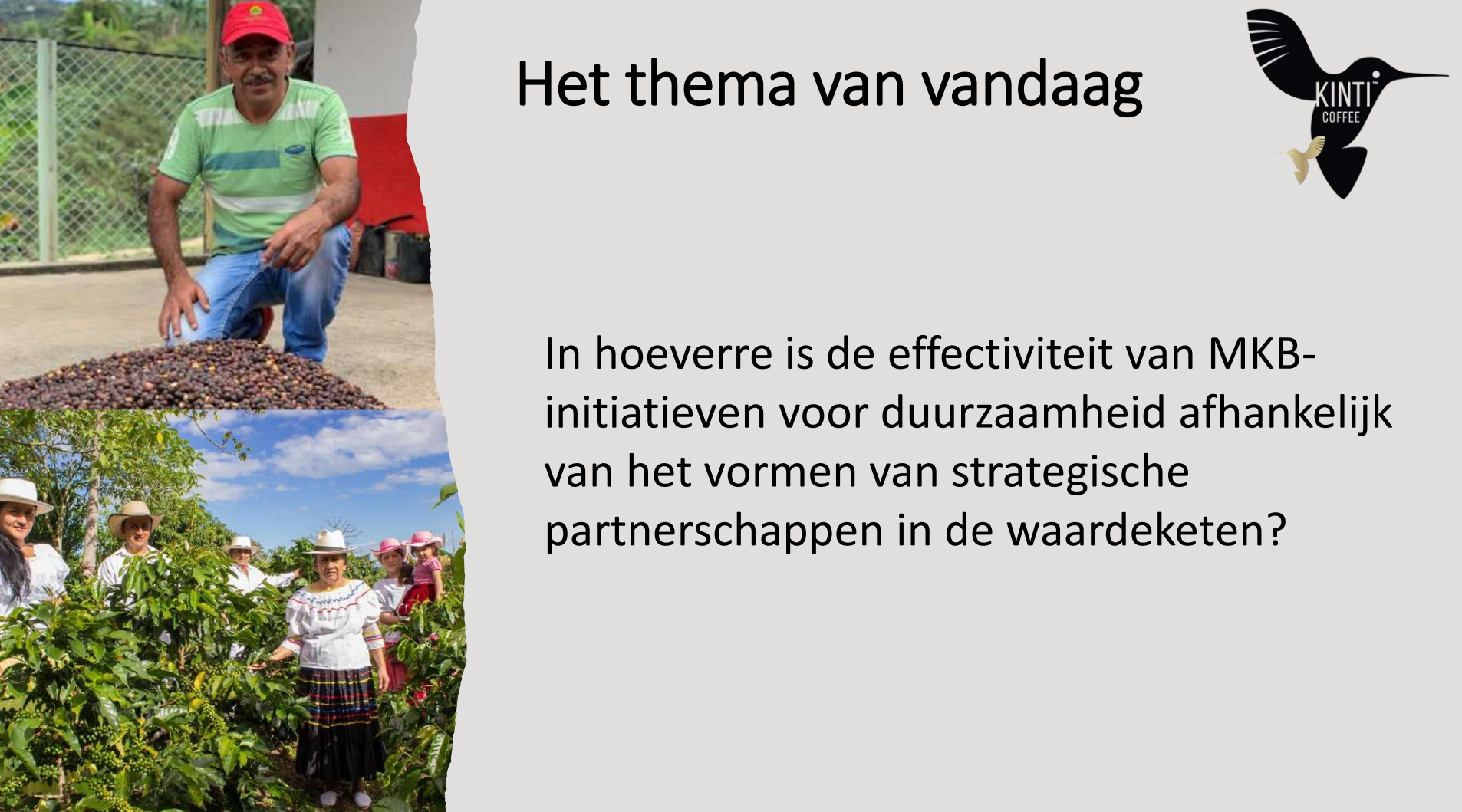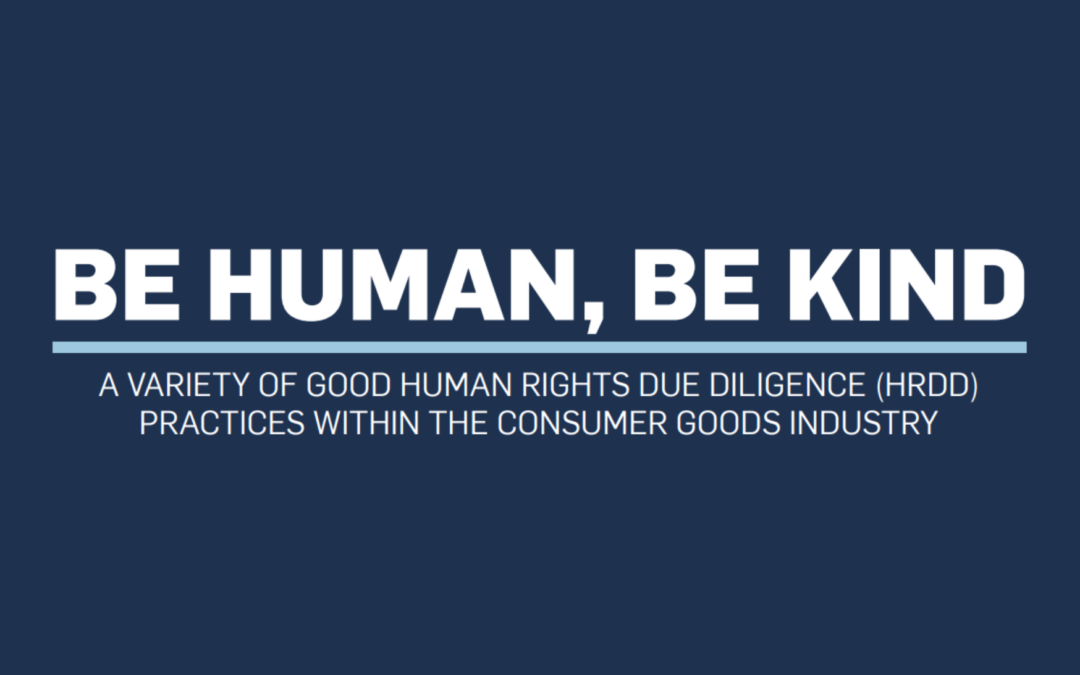
Stagevacature: Climate Intern
BEN JIJ ONZE NIEUWE CLIMATE INTERN?
Functie titel: Climate in Business Intern | Students only!
Duur: 6 maanden – start in mei 2024
Locatie: Den Haag, Nederland
Stagevergoeding: €600 per maand – voor 4 dagen per week
Wil jij helpen de positieve impact van het Nederlandse bedrijfsleven te versnellen en op te schalen om het leven van huidige en toekomstige generaties te verbeteren? Heb je je ooit afgevraagd hoe het is om voor een VN-initiatief te werken? Ben je gepassioneerd door bedrijfsstrategie en het omgaan met stakeholders?
Wanneer je bovenstaande vragen met ‘ja’ hebt beantwoord, solliciteer dan om de nieuwe Business Strategy stagiair te worden!
Over UN Global Compact
UN Global Compact is het grootste zakelijke duurzaamheidsinitiatief ter wereld. Het heeft een ongeëvenaard wereldwijd bereik en de mogelijkheid om een divers netwerk van bedrijven te activeren om duurzame ontwikkeling te bevorderen in samenwerking met investeerders, de overheid, de VN en maatschappelijke organisaties.
Het UN Global Compact Network Nederland is het lokale netwerk dat werkt aan gendergelijkheid, leefbaar loon, diversiteit, gelijkheid en inclusie, duurzame financiën en klimaat. Voor de klimaat programma’s zijn wij op zoek naar een ambitieus persoon die uitkijkt naar een dynamische stage in het thema klimaat.
Functie omschrijving
Als klimaat stagiair werk je samen met een jong, diverse en ambitieus team aan onze klimaat programma’s. Dit ga je doen:
- Ondersteun onze Climate Ambition Accelerator en Climate Peer Learning Group
- Verrijk onze klimaatinitiatieven en programma’s met verbetersuggesties
- Onderzoek en analyseer de nieuwste klimaattrends en klimaatrapporten van bedrijven en onderzoeksinstellingen
- Onderzoek relevante klimaatinitiatieven en partners in Nederland, Europa en wereldwijd
Verantwoordelijkheden
- Ondersteunin bieden bij onze klimaatprogramma’s
- De leiding nemen in analyses van klimaatrapportages
- Helpen bij evenementen
Wie we zoeken
- Je zit in het laatste jaar van een universitaire MSc in Business Management, Global Business & Sustainability, International Management, Business Analytics & Management, Strategic Entrepreneurship of vergelijkbaar
- Je hebt kennis van klimaat, scope 1-2-3, scenario’s, transitieplannen, klimaatinitiatieven
- Je bent een uitstekende communicator in het Engels, zowel mondeling als schriftelijk. Nederlands is een pluspunt
- Je bent analytisch gedreven en hebt sterke kwantitatieve en analytische capaciteiten
- Je bent flexibel, leergierig en een echte teamspeler met een can-do mentaliteit
Begeleiding
Gedurende je stage zal je samenwerken met en begeleid worden door Firas Abdulhasain (Sr Programme Manager Climate) en Merei Wagenaar (Executive Director). Er is de mogelijkheid om je scriptie te schrijven tijdens de stage.
Wervingsprocedure
Stuur je CV en motivatiebrief (max 1 A4) naar Firas Abdulhasain: Abdulhasain@unglobalcompact.nl vóór 23 april 2024 23:59 CET.
Bij vragen, neem gerust contact op met Firas Abdulhasain via Abdulhasain@unglobalcompact.nl. Als je wordt geselecteerd voor de sollicitatieronde, word je uitgenodigd voor een persoonlijk sollicitatiegesprek in de Malietoren (Bezuidenhoutseweg 12, Den Haag) in de laatste week van april of de eerste week van mei.

